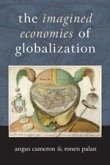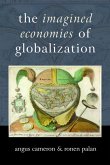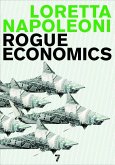Ähnliche Artikel
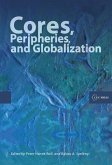
Gebundenes Buch
10. Januar 2011
Central European University Press
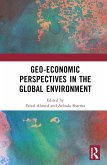
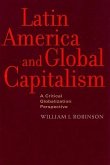
Gebundenes Buch
A Critical Globalization Perspective
24. November 2008
Johns Hopkins University Press
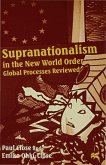
Gebundenes Buch
Global Processes Reviewed
29. Januar 1999
Springer Customer Service Center Gmbh

Gebundenes Buch
Transnational Organizing for LGBTI Rights in Uganda
11. Dezember 2018
Lexington Books
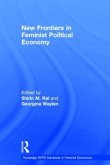
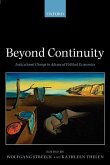
Broschiertes Buch
10. März 2005
Oxford University Press
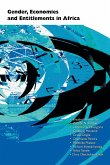
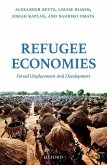
Ähnlichkeitssuche: Fact®Finder von OMIKRON

